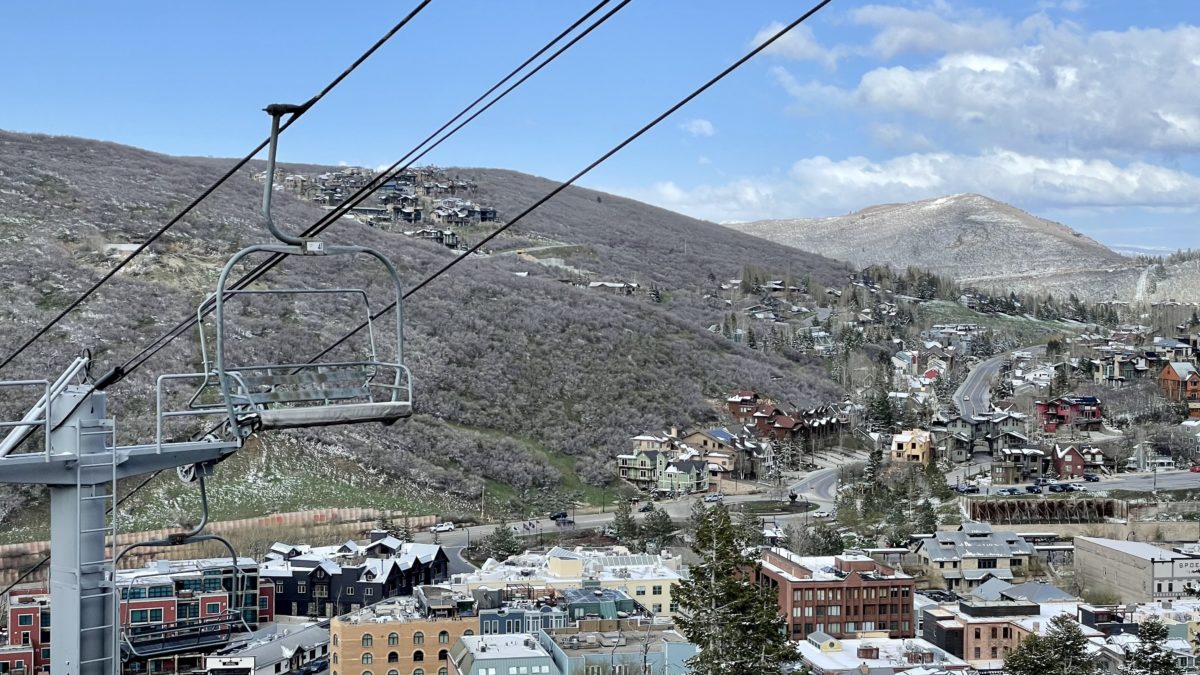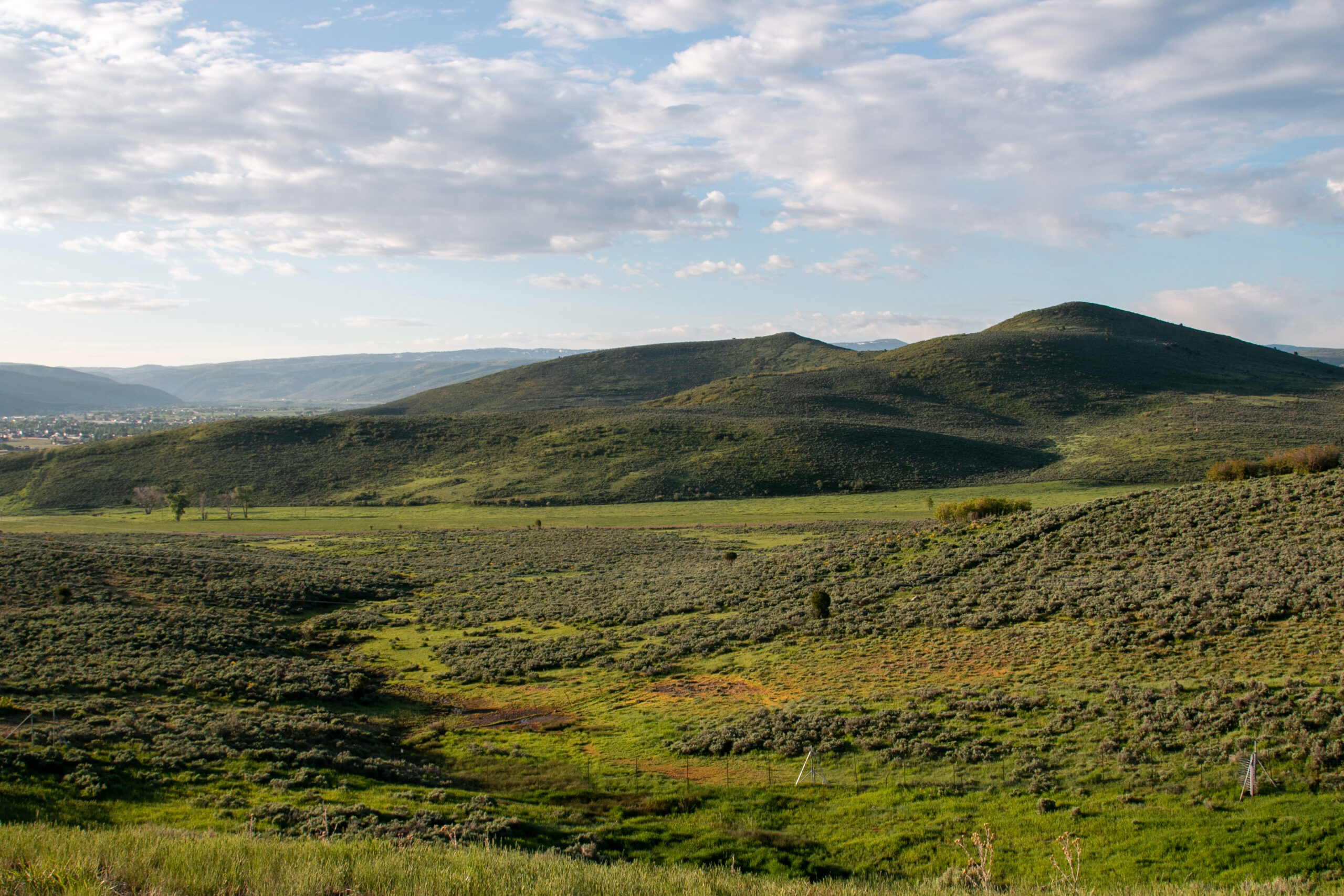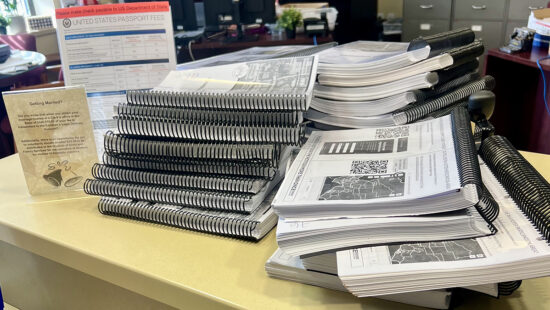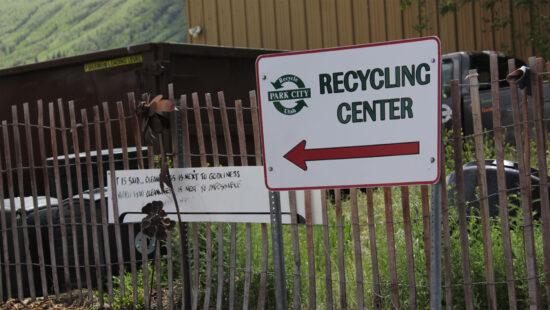Town & County
Summit County Council requests six month suspension of short-term rental licenses

The idea of limiting the number of nightly rentals in high density areas like Park City was discussed. Photo: TownLift
COALVILLE, Utah — On Wednesday the Summit County Council discussed drafting a new law that targets short-term rentals such as Airbnbs and VRBOs.
Summit County leads the state, with 21.5% of total housing being short-term rentals, according to University of Utah research.
Statewide, there has been a 38.4% increase in short-term rental listings over the past four years.
There were 699 applications for short-term rental licenses in Summit County in 2019. At the meeting on Wednesday, it was reported that year-to-date (starting Jan. 1) there have been 916 applications countywide in 2022.
“There is virtually nothing in our code to regulate these nightly rentals,” Deputy Summit County Attorney Lynda Viti told the council.
Current state legislation bans counties and municipalities from punishing an individual solely for the act of listing a short-term rental on a website like Airbnb. Viti said that it’s simply an “enforcement issue.”
The large H.B. 462 housing bill that Utah Gov. Spencer Cox signed earlier this year initially contained a provision that would have allowed for local governments to implement more short-term rental rules. However, that provision eventually disappeared.
The deputy county attorney said that if a neighbor reported that they suspected a short-term rental nearby, “there’s nothing to stop you from enforcing the regulations, even if the person has also listed it on a website.”
Councilman Roger Armstrong inquired about limiting the number of nightly rentals in certain areas, specifically Park City.
“In a place like Park City in particular, if we go to the heart of the tourism industry, and addressed the issue of the inability to house workers,” Armstrong said. “We could at least make an argument from that.”
He also said the status quo hurts the local lodging industry, which pays state and local taxes every year.
Viti noted that the county could also regulate based on the character of a neighborhood. She emphasized rentals in the residential Summit Park area that can host more than a dozen people.
Councilman Doug Clyde said there is a “significant life safety component,” highlighting wildfire and winter dangers visitors could face.
Councilman Glenn Wright said the health and fire departments should play a role in drafting a new ordinance.
Armstrong asked that the county’s legal staff return to their next meeting with a draft ordinance that would suspend the issuance of any new short-term rental licenses or renewal of existing licenses. The temporary restriction would give the county time to draft a new rule while preventing a sudden influx of applications. Existing licenses would continue. A committee of different stakeholders is being formed to help design the new law, which would be a part of the licensing process.
Many references were made to a Summit County, Colorado ordinance passed in 2021. Under the law, short-term licenses are determined using a multi-tiered system that considers several variables such as the number of nights available for rent and occupants per square foot or bedroom.
The council expressed support for the following ideas that could be included in the new law:
• Placing additional requirements on or prohibiting short term rentals in neighborhoods with high wildfire risks.
• Amending the Code to create overlay zones and permitting short term rentals in zones where short term rentals would be consistent with neighborhood character.
• Limiting numbers of overnight guests.
• Limiting the numbers of days per year a residence may be used as a short term rental.
• Creating different levels of licenses for short term rentals based on the zone, number of days per year the rental will be used as a short term rental, and whether the short term rental is owner-occupied.
• Requiring an owner or agent to be available 24/7 and live within a specified distance or time from the residence.
• Requiring a short term rental permit to be obtained annually.
• Requiring owners to post their licenses on every listing for the rental and inside the rental.
• Amending the Code to create overlay zones and to require the Planning Department to review and approve short term rental licenses. Permit Planning to add conditions of approval. Consider requiring approval of:
1. Adequacy of off-street parking
2. Compliance with International Building Code and International Fire Code standards adopted by the State of Utah for small hotels if a rental accommodates a certain number or more guests or exceeds certain square feet.
3. At a minimum, requiring compliance with basic safety requirements, including fire suppression or detection devices, carbon monoxide detectors, marked exits.
4. Requiring all short term rentals to be accessible to emergency vehicles, e.g. consider grade or surface of road
5. Imposing ADA requirements on certain rentals – perhaps those that would qualify as small hotels.
6. Imposing significant financial and/or other penalties for non-compliance with noise, guests, parking or other restrictions or requirements.
7. Requiring owners to post “Good Neighbor” guidelines and a Code of Conduct in each rental.
Appreciate the coverage? Help keep Park City informed.
TownLift is powered by our community. If you value independent, local news that keeps Park City connected and in the know, consider supporting our newsroom.



















